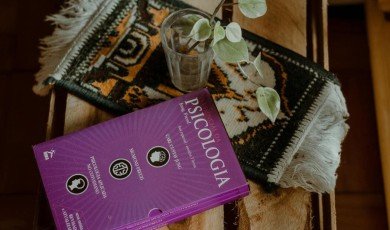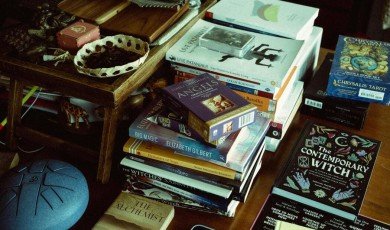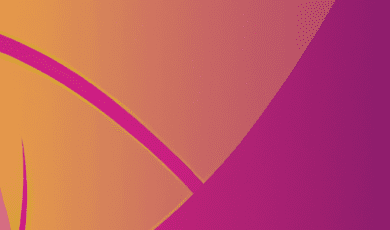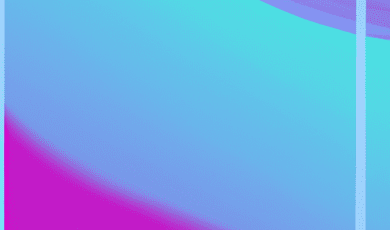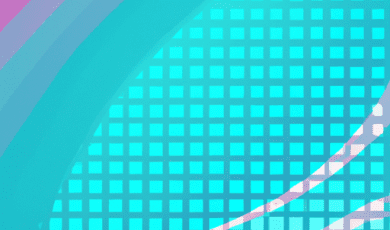
In an era filled with endless notifications, social media scrolls, and a constant barrage of digital stimuli, finding time and focus, for reading has become a formidable challenge. Non-fiction books, especially those in psychology, personal development, and thought leadership, hold immense potential to sharpen our thinking, guide our growth, and transform our perspectives. Yet, many aspiring readers struggle to turn desire into habit, often derailed by distractions, lack of motivation, or unclear goals.
Our mission is to connect readers with the best non-fiction titles, actionable insights, and expert analyses to empower a meaningful, purposeful reading journey. In this post, we explore research-driven strategies and practical steps to build a sustainable reading habit, even amidst the noise of modern life.
Why It's Hard to Read and What the Science Says
The Science of Attention and Distraction
Research in psychology reveals that our attention spans are under siege. According to a 2023 study by Microsoft, the average adult’s attention span has dropped from 12 seconds in 2000 to just 8 seconds today. Digital devices and the lure of instant gratification foster a habit of “micro-browsing”, skimming headlines, hopping between apps, and multitasking, all of which erode the deep focus needed for immersive reading. Much like our fascination with unexplained sensations and phenomena, distraction often hijacks our curiosity—but awareness can turn it into intentional exploration. However, neuroscience offers hope. Just as pathways for distraction can be ingrained, pathways for sustained attention can be rebuilt. Non-fiction reading, in particular, exercises the brain's executive functions, cultivating discipline and long-term cognitive benefits.
Defining Your “Why”: Purpose-Driven Reading
Before diving into the latest bestseller, take a moment to reflect: Why do you want to read more? Is it to deepen your understanding of human nature via psychology classics? To develop new habits? To draw inspiration from influential thinkers? Defining your intention provides motivation, increases follow-through, and guides your selection of books aligned with personal growth goals. Write down your “why” and keep it visible, this intrinsic motivation will serve as your North Star on days when discipline wavers. Just as organizations thrive when they align people with purpose through clear HR practices in France, clarity of purpose helps readers create structure and accountability in their own journeys. Just as clarity of purpose matters in reading, organizations benefit from clarity in communication, which is why professional Translation Services in Bristol are often key to connecting across cultures.
Curating Your Stack: Quality Over Quantity
The abundance of book recommendations, reading lists, and “must-read” titles can feel overwhelming. Rather than trying to devour everything, curate a personalized stack of high-quality non-fiction books. Consider these criteria:
- Relevance: Does this book align with your current interests or growth areas?
- Credibility: Is the author a respected expert in their field?
- Timeliness: Are the ideas applicable to your life at this moment?
Our website features curated lists, such as “Psychology Essentials,” “Top Personal Development Reads,” and “Influential Books of the Year”, to help you make choices that matter.
Strategies That Stick
Sustainable habits are rooted in consistency, not intensity. Here are five research-backed strategies to anchor reading in your daily life:
- Set Achievable Goals: Instead of “read 50 books this year,” start with “read 10 pages per day” or “read for 15 minutes after breakfast.” Small, consistent wins fuel momentum.
- Create a Dedicated Reading Space: Reading in the same quiet, comfortable spot signals your brain that it’s time for focused attention. Limit digital distractions, leave your phone in another room if possible.
- Pair Reading with Habits You Already Have: According to behavioral science (see: James Clear’s “habit stacking”), linking a new behavior to an existing routine improves adherence. For example, read while having your morning coffee or during daily commutes.
- Track Your Progress: Use a reading journal, app, or spreadsheet to document completed books, favorite insights, and personal reflections. Visible progress reinforces achievement and highlights patterns in your interests.
- Embrace Accountability: Join a non-fiction book club, discussion group, or online community. Sharing insights and exchanging perspectives amplifies motivation and deepens understanding.
Bringing Books to Life
Unlike novels, non-fiction reading is often about transformation. To move beyond consumption to implementation:
- Annotate and Highlight: Engage actively by underlining key concepts, writing notes in the margins, and jotting questions as you read.
- Summarize Each Chapter: At the end of each chapter or section, summarize main insights in your own words. This strengthens retention and deepens comprehension.
- Convert Insights into Action: Identify one practical takeaway from each book—and commit to applying it in real life. For example, after reading a book on habit formation, experiment with a new routine for 30 days.
For further inspiration, explore our “Expert Analyses” section, where we break down key concepts from trending non-fiction titles and offer actionable advice for integrating them into daily life.
Leveraging Digital Tools, But With Intention
While technology can be a source of distraction, it can also facilitate reading:
- Read on Multiple Devices: For busy lifestyles, e-readers and audiobook platforms offer flexibility. Listen to non-fiction while commuting or exercising, then switch to text reading for deeper engagement at home. The process mirrors learning a new language like Italian, progress comes from consistent exposure, active engagement, and a balance between digital tools and deliberate practice.
- Set Digital Boundaries: Use apps or features like “Do Not Disturb,” site blockers, or scheduled reading reminders to minimize interruptions during designated reading times.
Remember, the goal is intentional use of technology to enhance, not fragment, your reading experience.
Overcoming Setbacks and Staying Inspired
Every reader faces obstacles, life gets busy, motivation dips, or a book fails to engage. When setbacks occur, avoid guilt and self-judgment. Instead, reflect on what caused the stall and adjust accordingly. Just as recovery requires patience when treating conditions like radiculitis, rebuilding focus and consistency in reading is a gradual process, small, mindful efforts lead to long-term resilience. If a book doesn’t resonate, move on guilt-free; if time or energy are in short supply, reduce daily targets instead of quitting entirely. Keep inspiration high by celebrating milestones, sharing favorite quotes, and returning to your original “why.” Browse curated recommendations or revisit impactful titles on our platform for a motivation boost.
Curate a Life of Lifelong Learning
In today’s distracted world, building a sustainable reading habit is an act of resistance and transformation. Non-fiction books remain powerful instruments for personal development, offering tools to understand ourselves, navigate change, and cultivate curiosity about the world.
By clarifying your purpose, thoughtfully curating your book stack, implementing mindful reading strategies, and engaging with a supportive community, you can embed reading into your life as a source of joy, growth, and resilience. Remember: The value of a reading habit lies not only in the number of books consumed, but in the quality of ideas absorbed and the actions inspired.
Ready to reignite your love of non-fiction?

